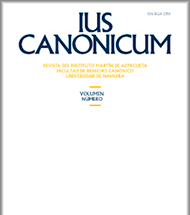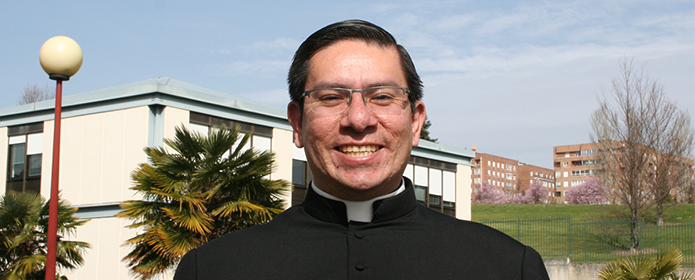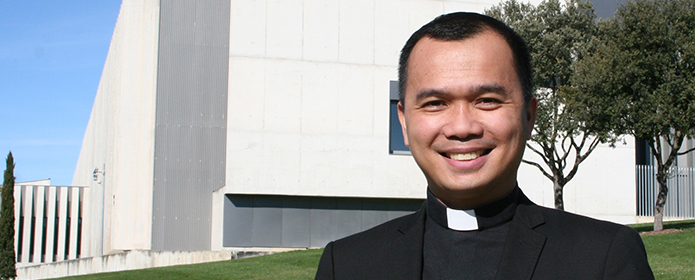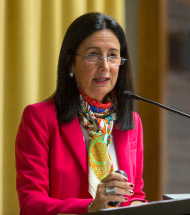Rafael Palomino: "The new natural home of Christianity is America or Africa, not Europe or the Middle East".
The Full Professor of the Complutense University of Madrid participates in a workshop in the School of Canon Law on the occasion of the feast of San Raimundo de Peñafort.
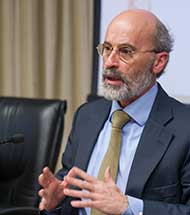
"The new natural home of Christianity is America and Africa, not Europe or the Middle East". This was stated at the University of Navarra by Professor Rafael Palomino, Full Professor of State Ecclesiastical Law at the Complutense University of Madrid, on the occasion of his participation in the celebration of the feast of St. Raymond of Peñafort, patron saint of the School of Canon Law.
In his message he recalled that the map of world religiosity is undergoing a certain migration as a consequence of factors such as demographics or the world Economics . To explain this he gave two examples: on the one hand, that "in Brazil there are more than twice as many Catholics as in Italy, and in Nigeria there are more Protestants today than in Germany, the cradle of the Protestant Reformation"; and on the other, that "in some intellectual circles the thesis is held that the religious population will increase in the future due to the fact that believers have greater fertility fees ".
The Full Professor of the Complutense University of Madrid has also affirmed that "religion has not disappeared" and for this he used a recent survey of Gallup International of April 2017 in which it is assured that "62% of the world population defines itself as religious, 74% of respondents believe in the soul and 71% believe in God".
Post-secularization, techno-systems, and globalization mark the presentDuring the session, Professor Palomino identified the keys to understanding the social and legal context through which the religious factor is currently passing. He explained that "if the roots of modernity were marked by humanism, the Renaissance and the Reformation, the present is marked by three other elements: post-secularization, techno-systems and globalization".
Before concluding, and after unfolding some aspects of state law related to the religious factor in the post-secularization era, he asked what would have been the attitude of Saint Raymond of Peñafort if he had lived today, taking into account his juridical science and prudence.


